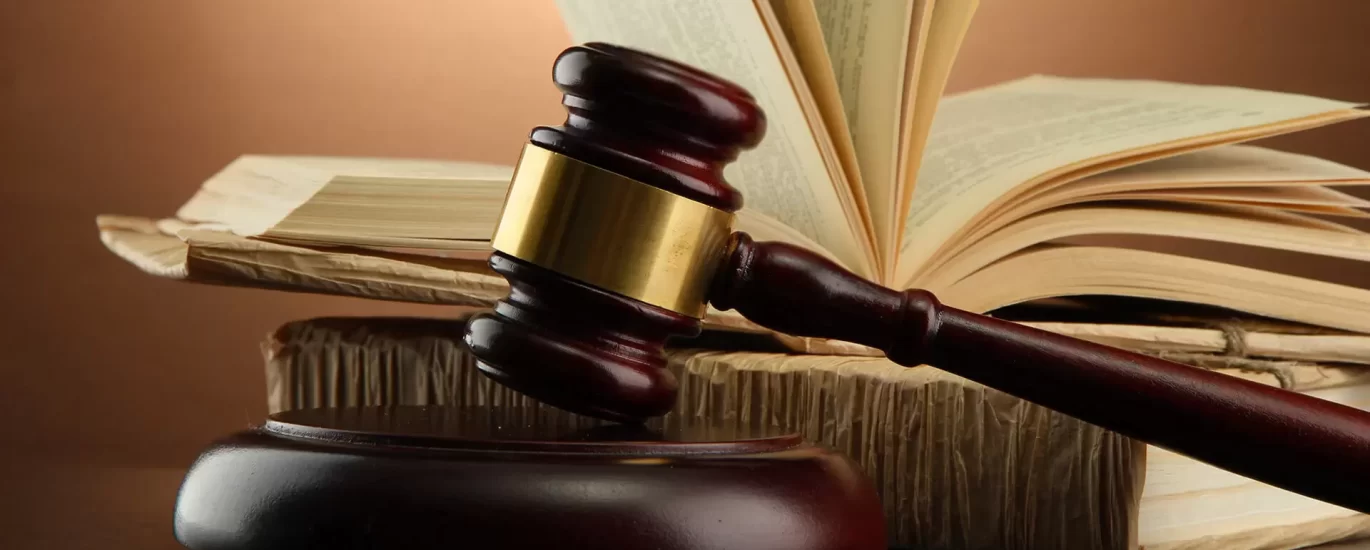



In today’s complex financial landscape, debt recovery plays a crucial role in maintaining the health of businesses and individual finances alike. Whether it’s recovering unpaid loans, outstanding invoices, or dues, civil recovery is a legal mechanism that helps creditors reclaim what is rightfully theirs without resorting to criminal proceedings. Understanding the legal nuances of civil recovery is essential for both creditors and debtors to navigate the process smoothly and effectively.
Civil recovery refers to the process by which a creditor enforces a legal claim to recover money or property owed by a debtor through civil courts or alternative dispute resolution mechanisms. Unlike criminal cases that involve punitive actions, civil recovery focuses on restoring financial balance by legally compelling the debtor to fulfill their obligations.
Unpaid Loans and Advances
Outstanding Invoices in Business Transactions
Recovery of Property or Assets
Compensation for Breach of Contract
Claims from Insurance or Compensation Cases
Civil recovery is governed by various laws depending on the jurisdiction. Typically, the process involves:
Filing a Civil Suit: The creditor initiates a lawsuit in a civil court to claim the amount owed.
Serving Notice to the Debtor: The debtor is formally notified about the claim and asked to respond.
Negotiation and Settlement: Many cases resolve through mediation or out-of-court settlements.
Court Judgment: If no settlement is reached, the court decides based on evidence and legal merits.
Enforcement of Judgment: The creditor may seek enforcement through attachment of assets, wage garnishment, or other legal means.
Winning a judgment is only the first step. Effective enforcement ensures the recovery of dues:
Attachment of Property: Court orders to seize and sell debtor’s assets.
Garnishment: Deducting money directly from the debtor’s wages or bank accounts.
Receivership: Appointing a receiver to manage and liquidate debtor’s assets.
Charging Orders: Securing the debt against the debtor’s property, such as real estate.
While civil recovery provides a legal path for debt resolution, it is not without challenges:
Time-Consuming Procedures: Court cases can take months or even years.
Debtor’s Insolvency: Recovery may be impossible if the debtor lacks assets.
Jurisdictional Issues: Cross-border debts complicate enforcement.
Costs and Legal Fees: Litigation can be expensive for both parties.
Maintain Proper Documentation: Contracts, invoices, and communication records are crucial.
Act Promptly: Early legal action improves chances of recovery.
Consider Alternative Dispute Resolution (ADR): Arbitration or mediation can save time and costs.
Consult Experienced Legal Professionals: Specialized advice can navigate complex cases.
Civil recovery is a vital tool in the legal system, providing creditors with a structured process to reclaim debts and enforce financial rights. Understanding the legal framework, enforcement options, and potential hurdles helps businesses and individuals make informed decisions and protect their financial interests. With the right approach, civil recovery can restore balance, foster trust, and encourage timely payments in commercial and personal transactions.